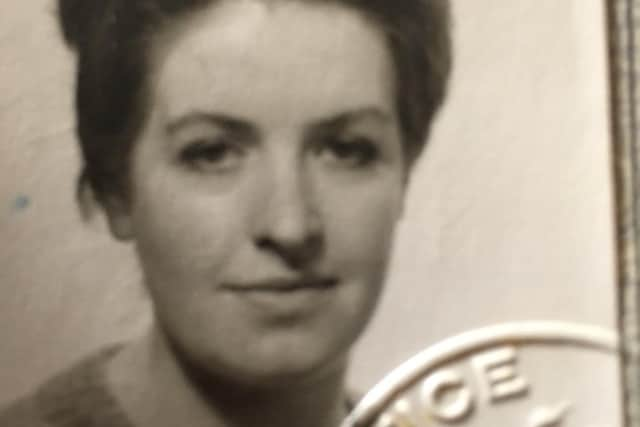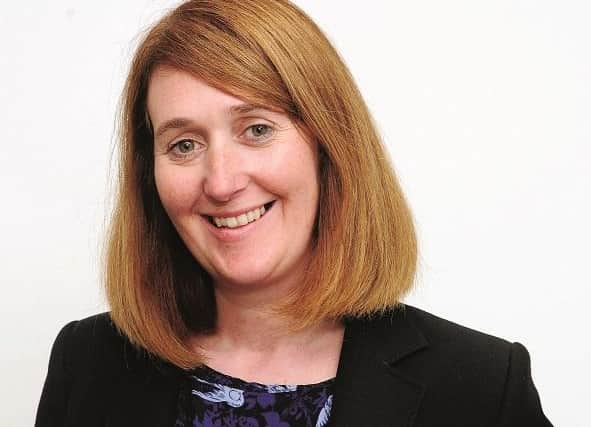Forced adoption in Scotland has caused so much pain - and we must now help heal it - Alison Campsie
For tens of thousands of Scots women who were subject to forced adoptions – when their babies were taken away outwith their own personal choice and commonly driven by families shamed by having an unmarried, pregnant daughter – this is the reality.
An estimated 60,000 women in Scotland endured forced adoptions, with the period from the 1950s to the early 1980s – really no more than a generation ago – now in sharp focus.


Advertisement
Hide AdAdvertisement
Hide AdAs mothers approach their own later lives, the need for closure for some becomes more urgent.
Earlier this month, Rosamond King, 79, from Glasgow, spoke to us about her desperate search for her son who was born in the early 1960s. She recalled him being taken away straight after delivery, with the new mother remaining in the ward for a week – the only one without a baby to hold.
Rosamond emigrated to New York to get over the trauma, the secrets locked away as she was told they must be.
Ultimately adoptions were legally agreed by the mother in court, but the choice seldom lay with them, it would appear.


A small, but determined campaign in Scotland is calling for a national apology for those who endured forced adoption. Australia apologised in 2013, with around $AUD17 million [£9m] being made available for counselling and help in record finding.
Meanwhile at Wesminster, the Joint Committee on Human Rights has launched an inquiry into births to unmarried mothers between 1949 and 1976.
For a number of years, mothers and some children have met quietly with ministers at Holyrood and this week, the Scottish Government announced a survey and hotline for those to share their experiences. An apology is important for many but so are the systematic changes that will make a lasting difference, such as mental health support and changes to how adoption records are kept and accessed. It is these that will truly help heal these historic injustices.
A message from the Editor:Thank you for reading this article. We're more reliant on your support than ever as the shift in consumer habits brought about by Coronavirus impacts our advertisers.
If you haven't already, please consider supporting our trusted, fact-checked journalism by taking out a digital subscription.
Comments
Want to join the conversation? Please or to comment on this article.
